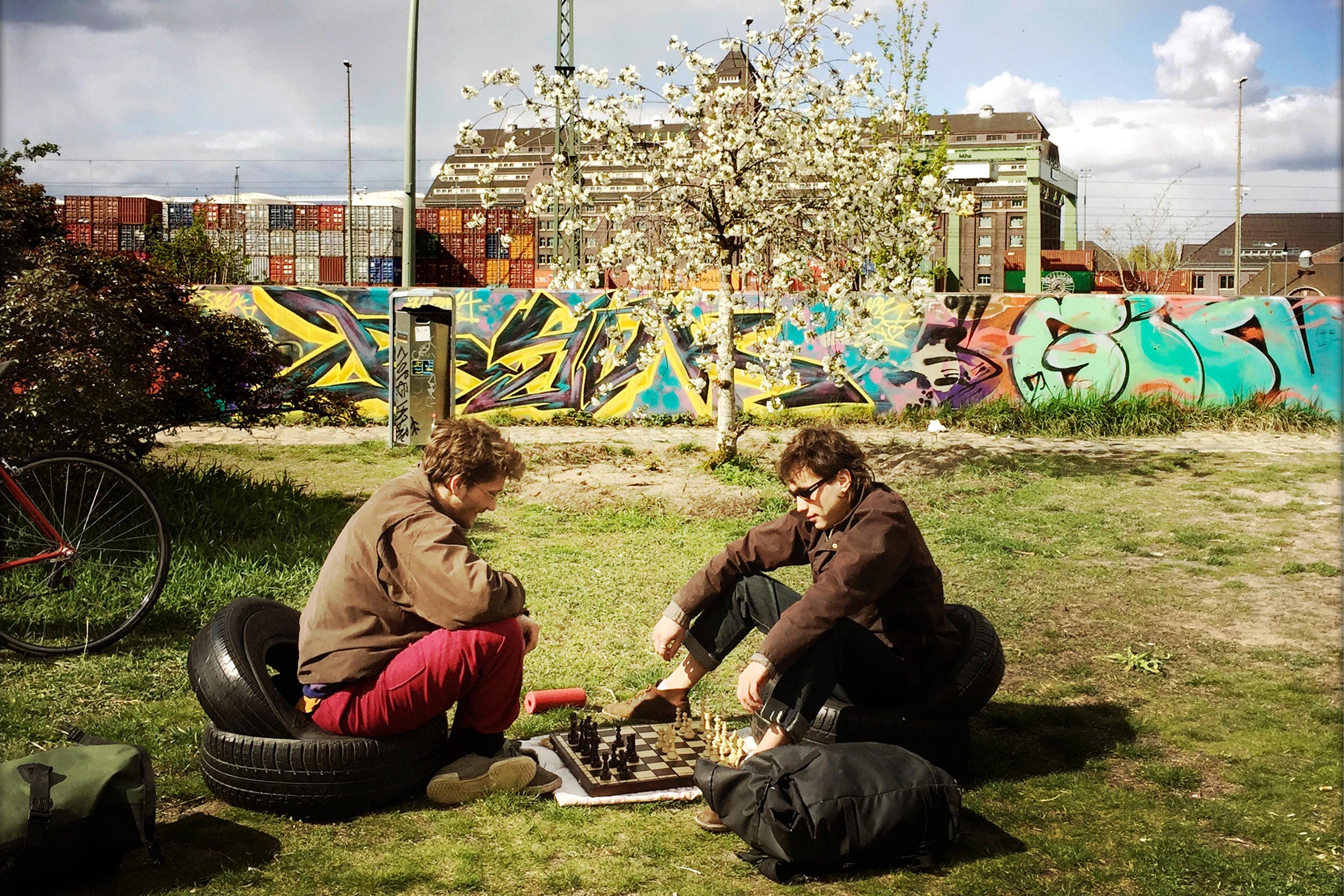
How to be a good friend to an Autistic person
Autistic and non-autistic people see the social world differently. But openness and empathy can foster a valuable bond
by Abby Sesterka & Erin Bulluss

Autistic and non-autistic people see the social world differently. But openness and empathy can foster a valuable bond
by Abby Sesterka & Erin Bulluss
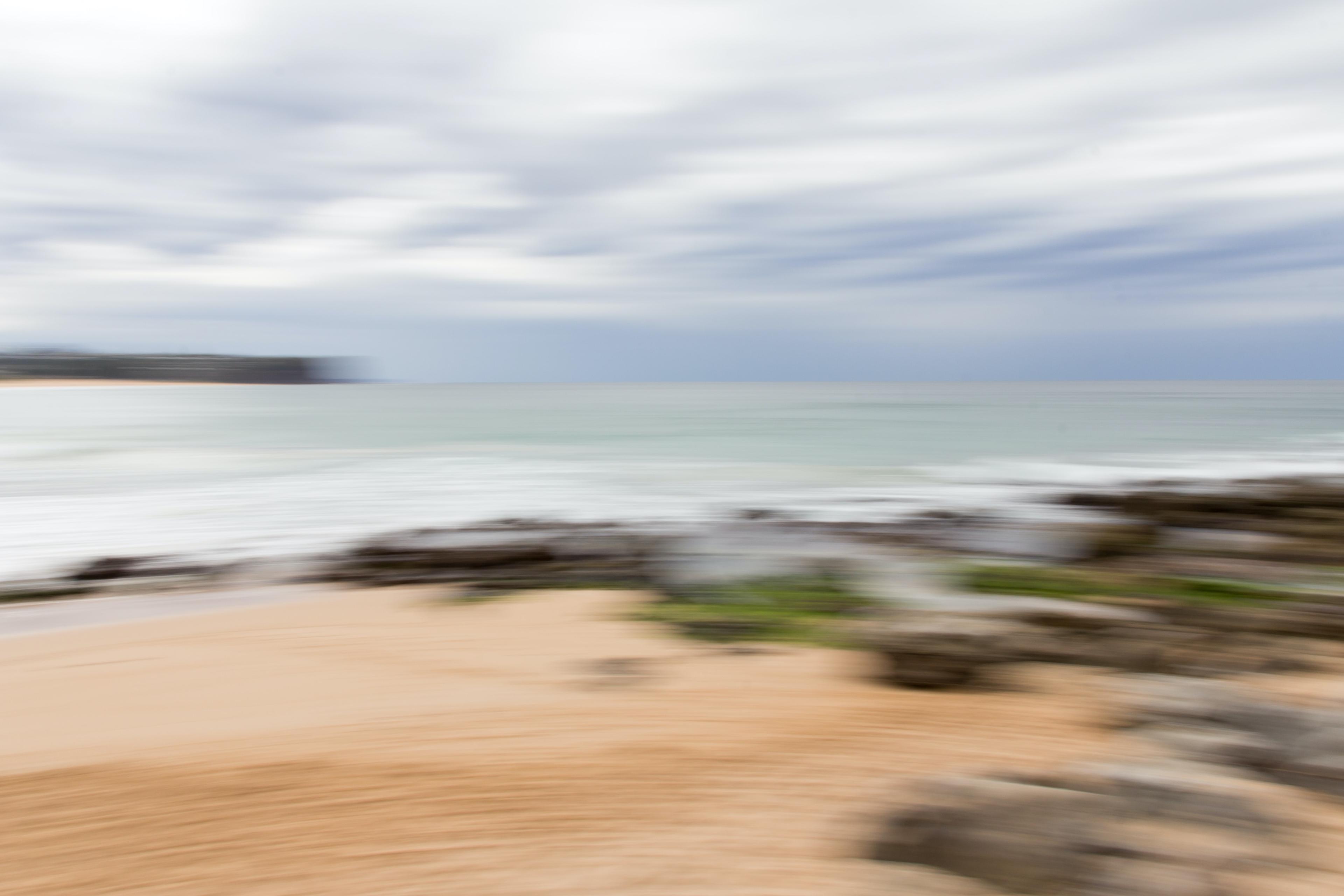
With aphantasia, my mind’s eye sees only darkness, not images. It’s like missing a sense, and only imagination can compensate
by Neesa Sunar

In this noisy world, being highly sensitive is a challenge. But learn to manage overwhelm and you can reap the upsides too
by Jadzia Jagiellowicz
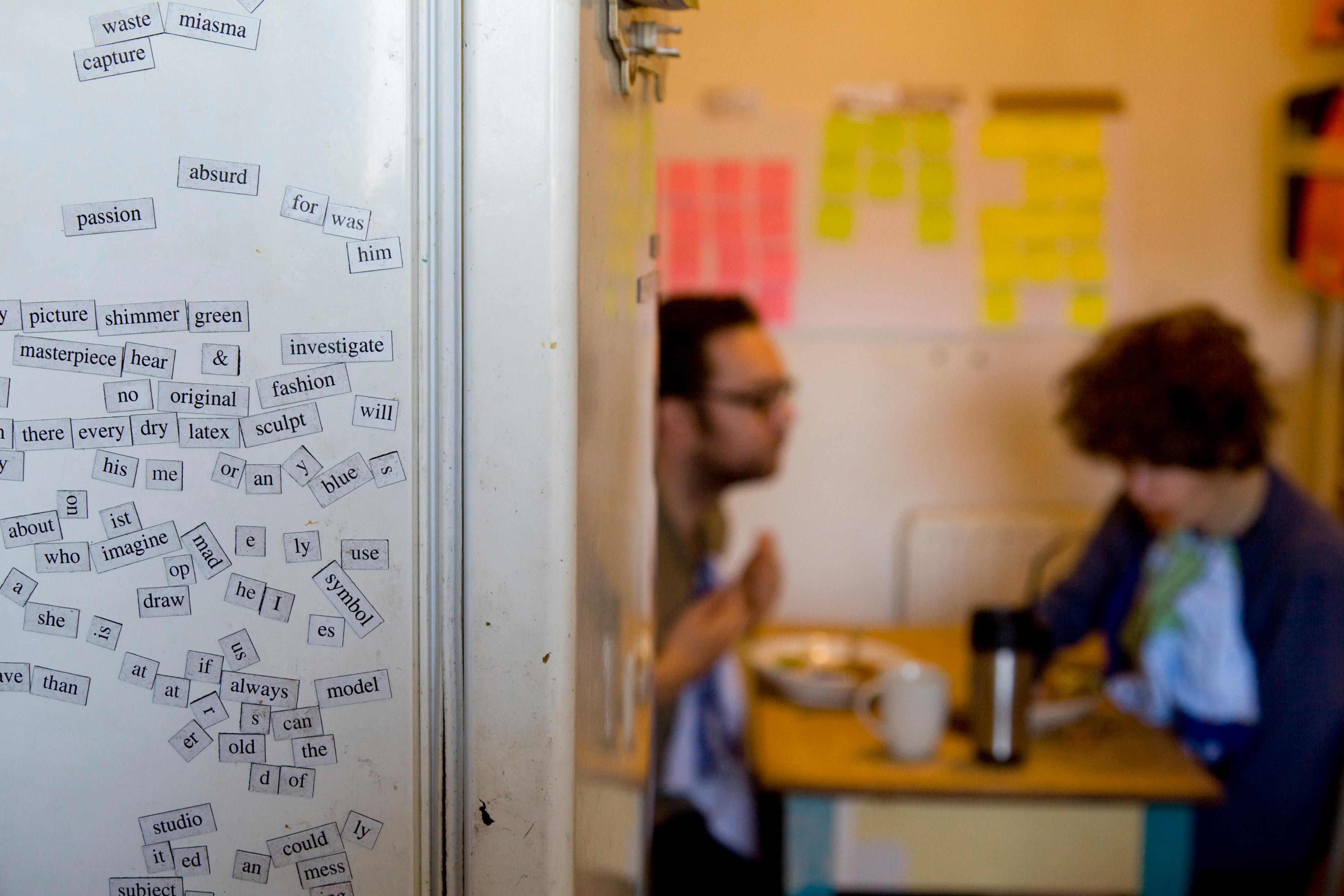
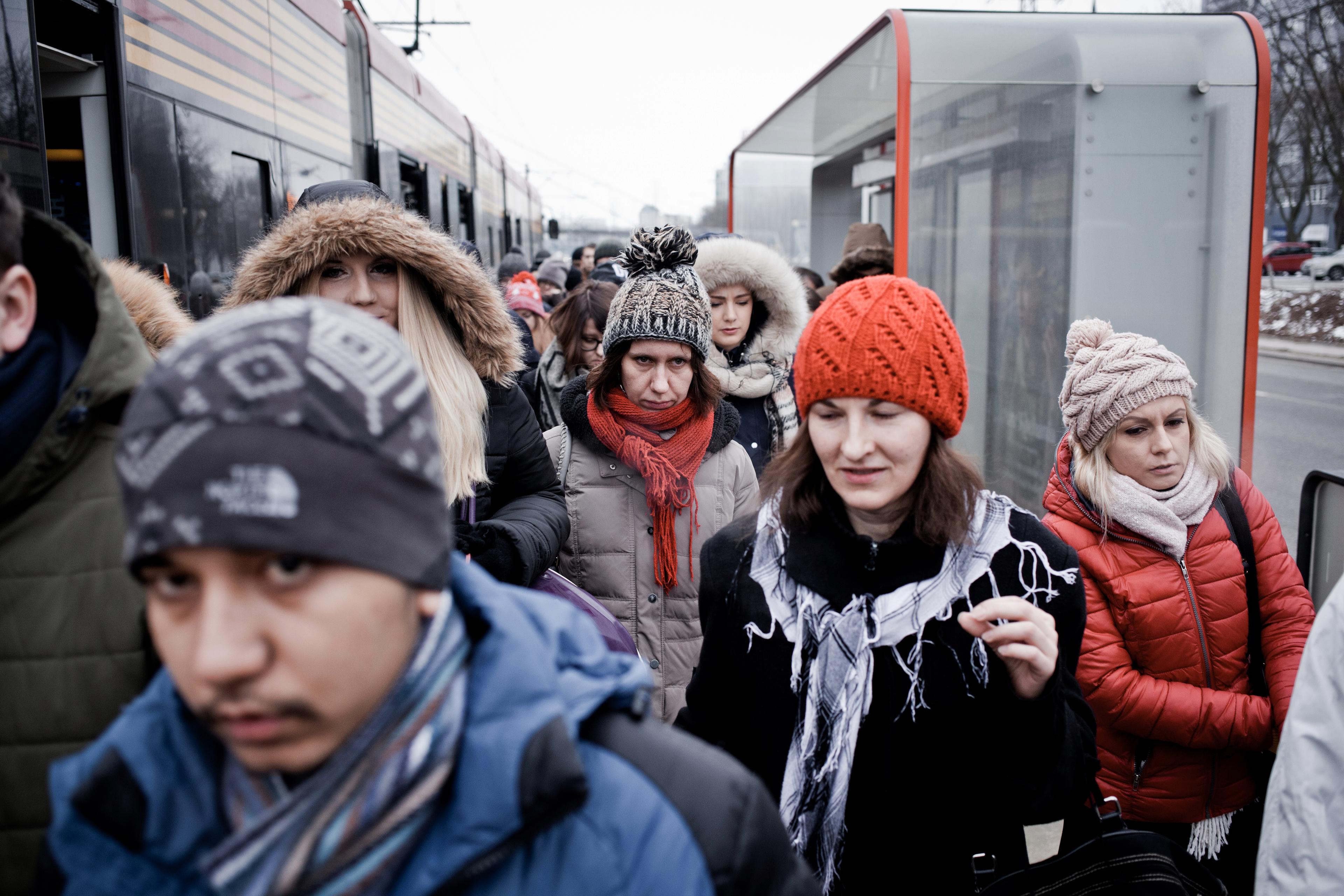
By the time an adult learns they’re autistic, they have often been covering up for years. A period of self-discovery awaits
by Leonie Mercedes
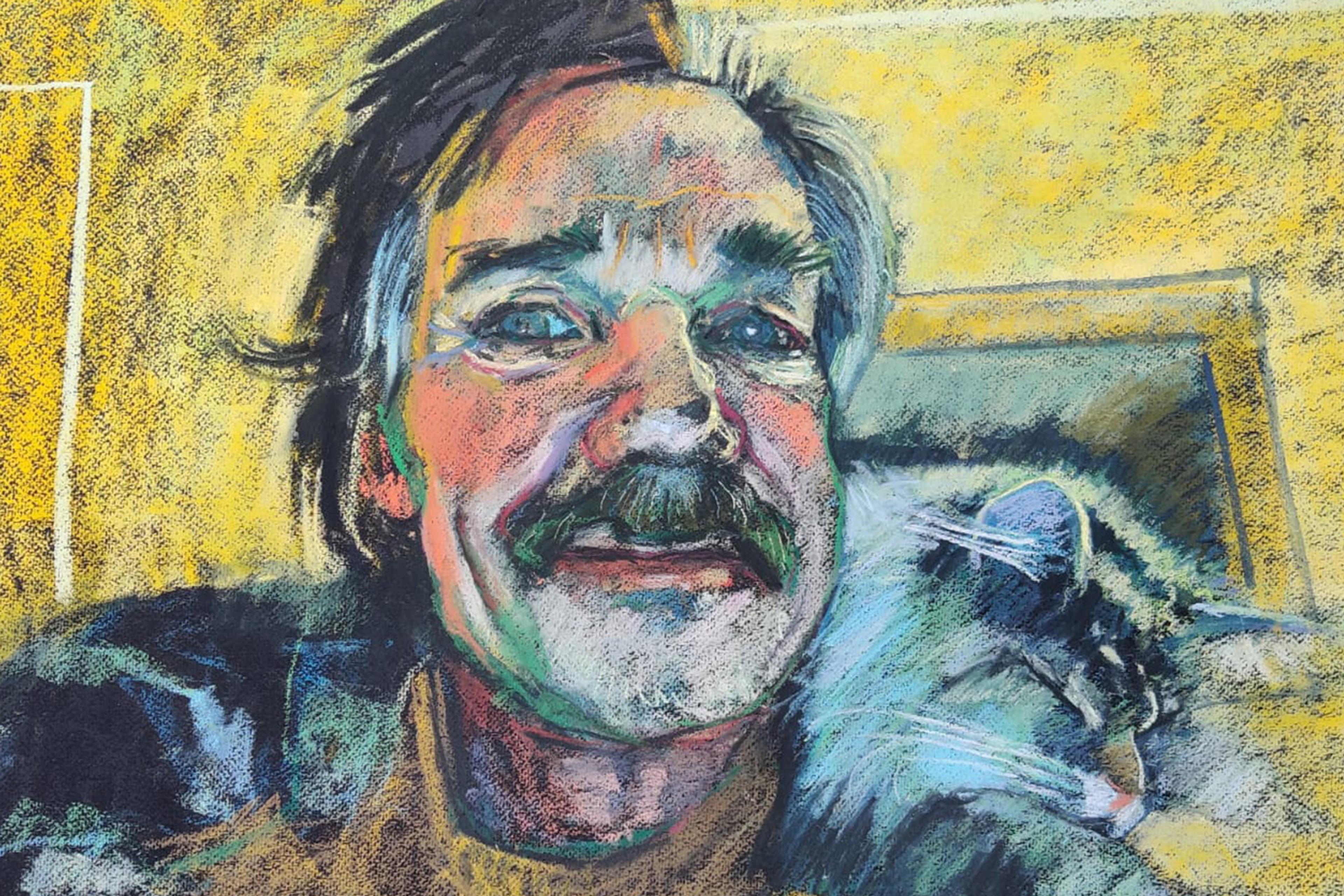
For aphantasic artists with no mind’s eye, creating paintings is a way to experience the mental pictures they can’t see
by Adam Zeman
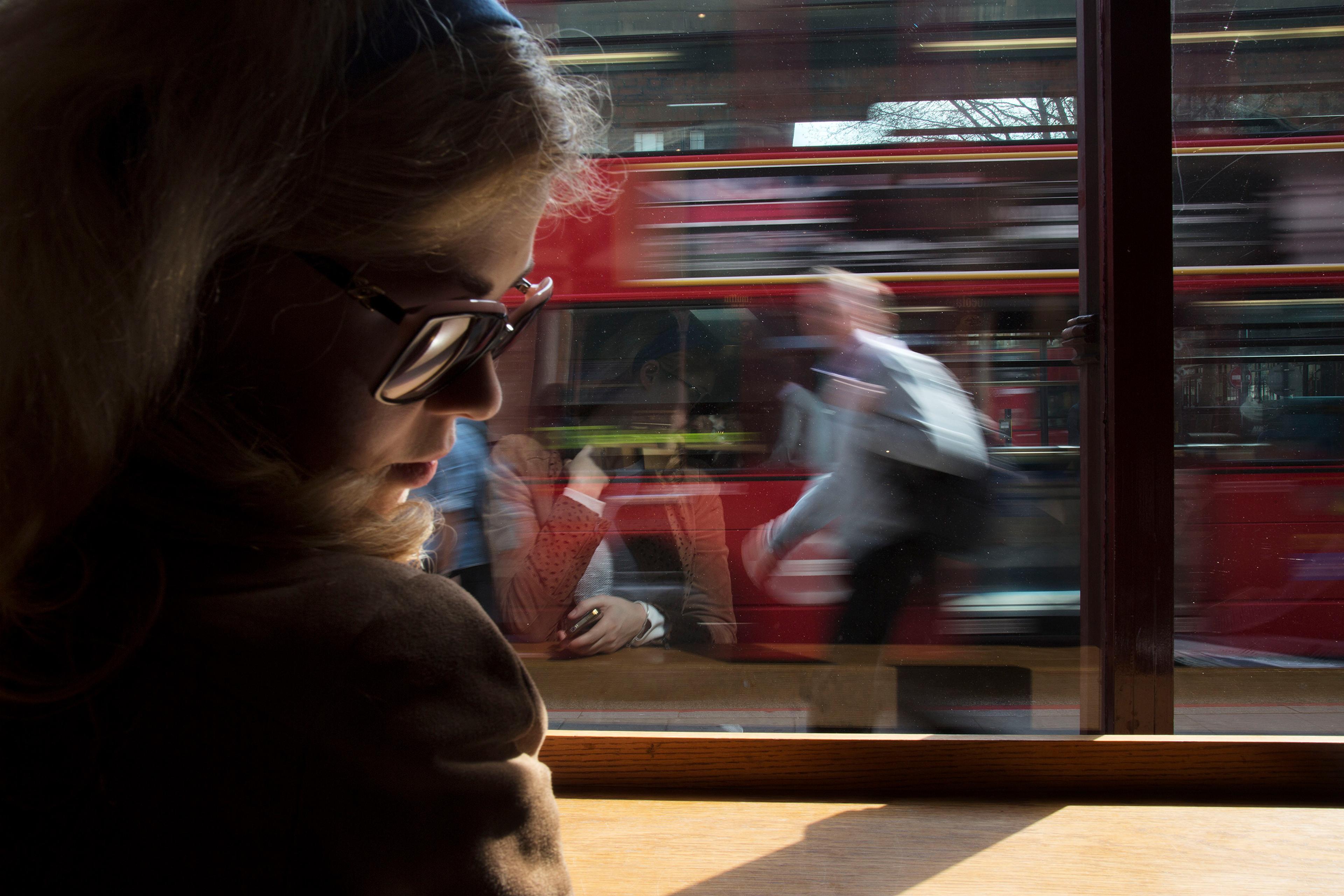
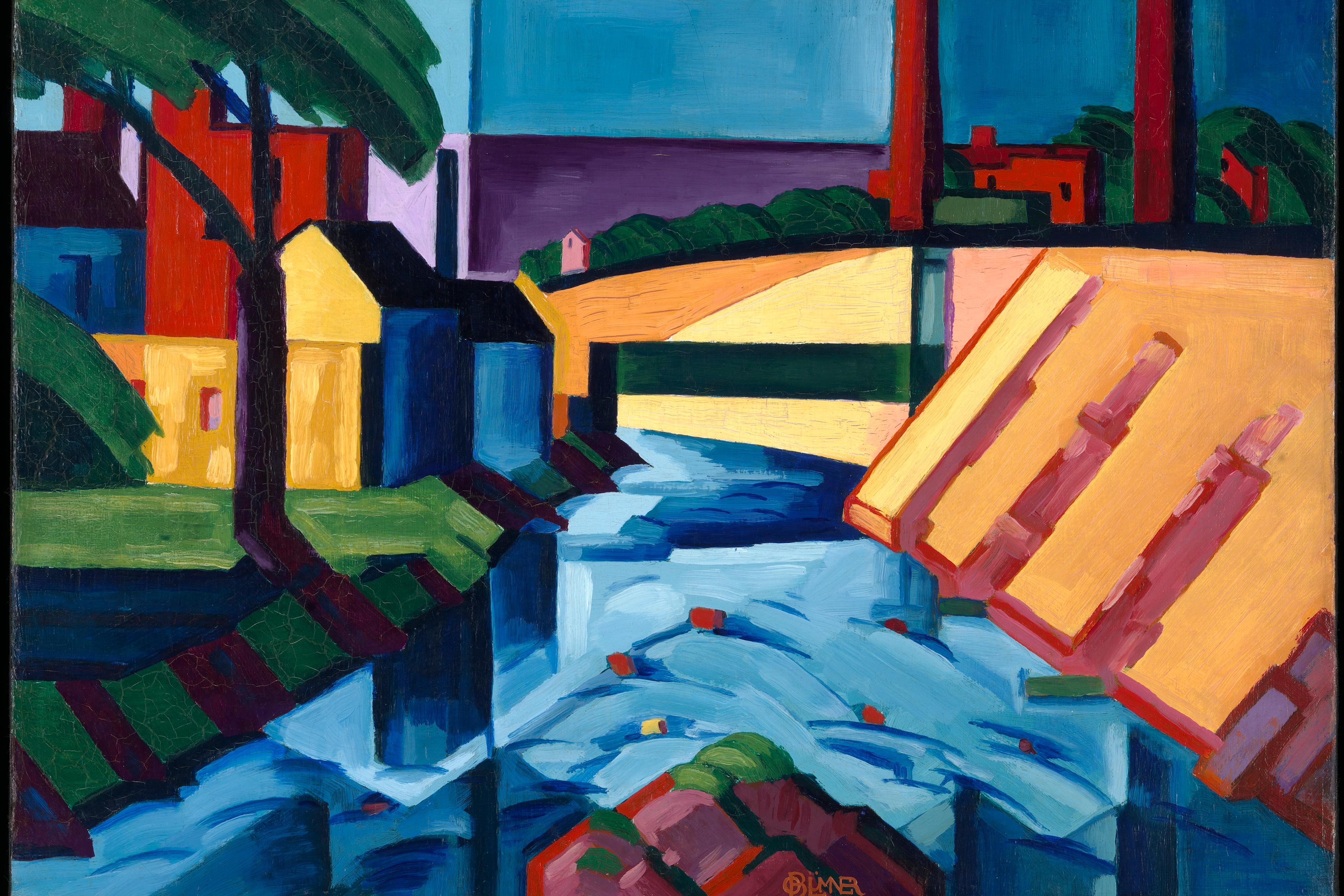
We all constantly filter a flood of details coming in. This process helps explain what gives some brains a creative edge
by Madeleine Gross
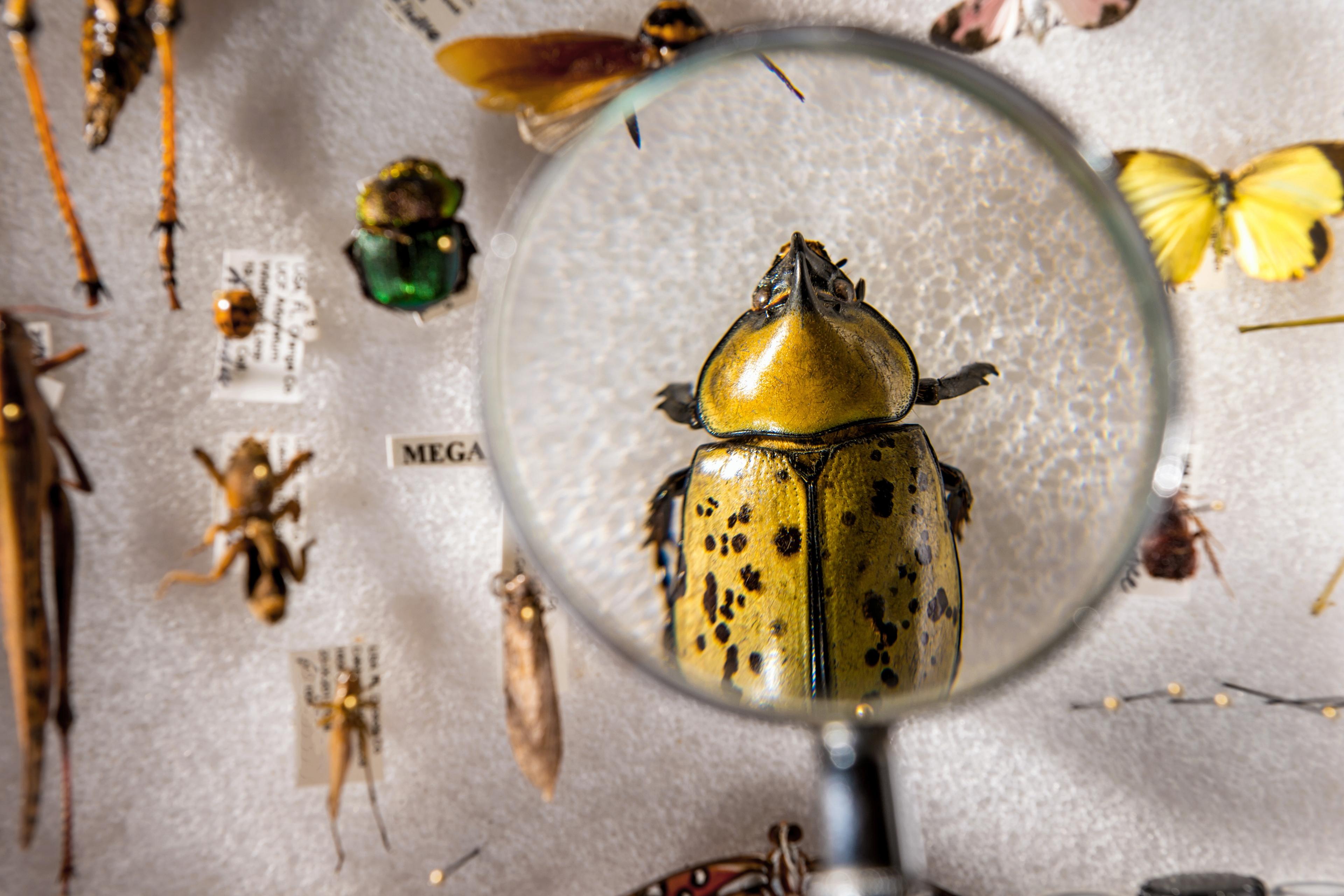
Science has neglected to study the passions of autistic people like me. Here’s why so many of us are drawn to insects
by Alice Laciny
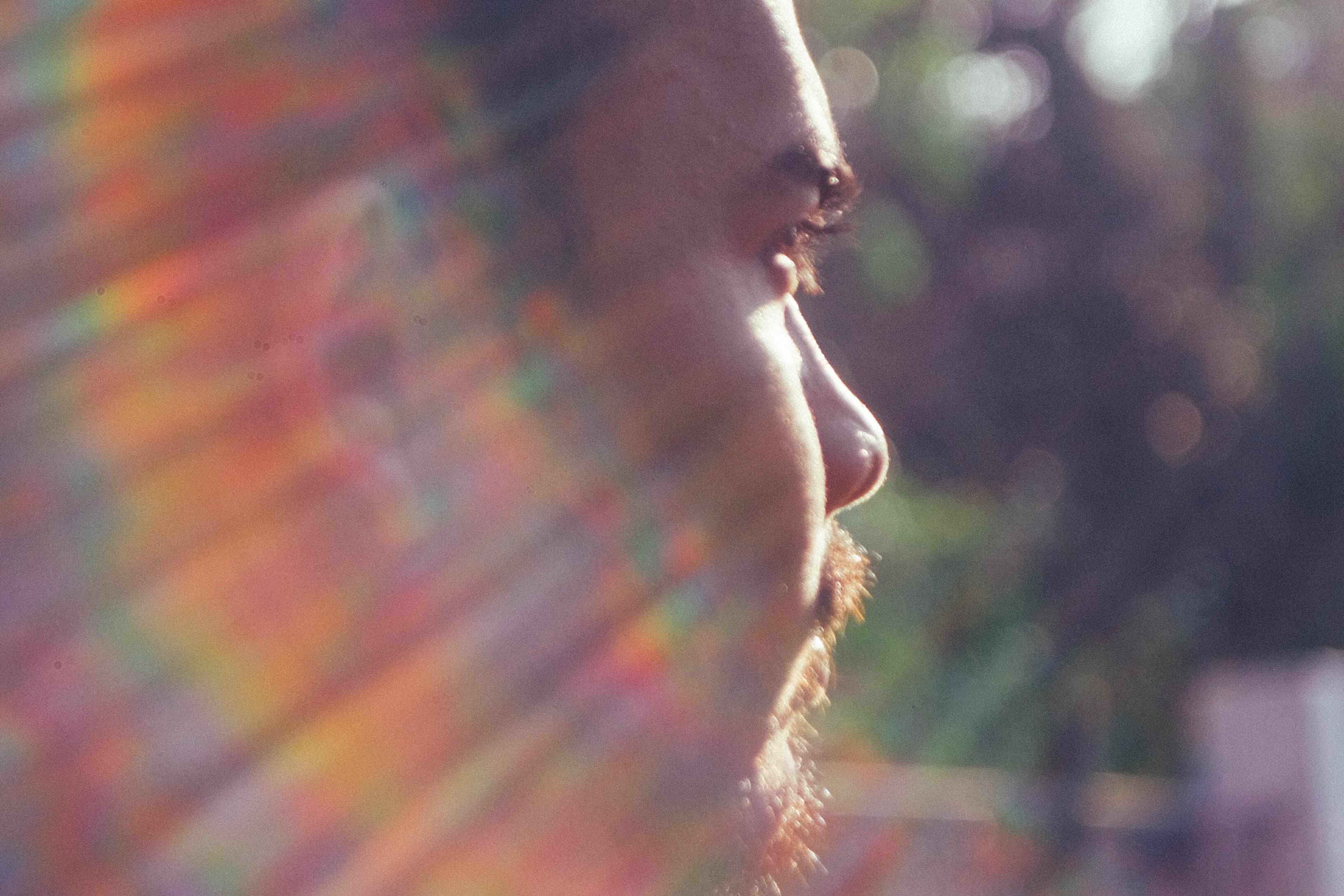
Case reports suggest psychedelics might reverse aphantasia (a lack of mental imagery), but is that necessarily a good thing?
by Shayla Love
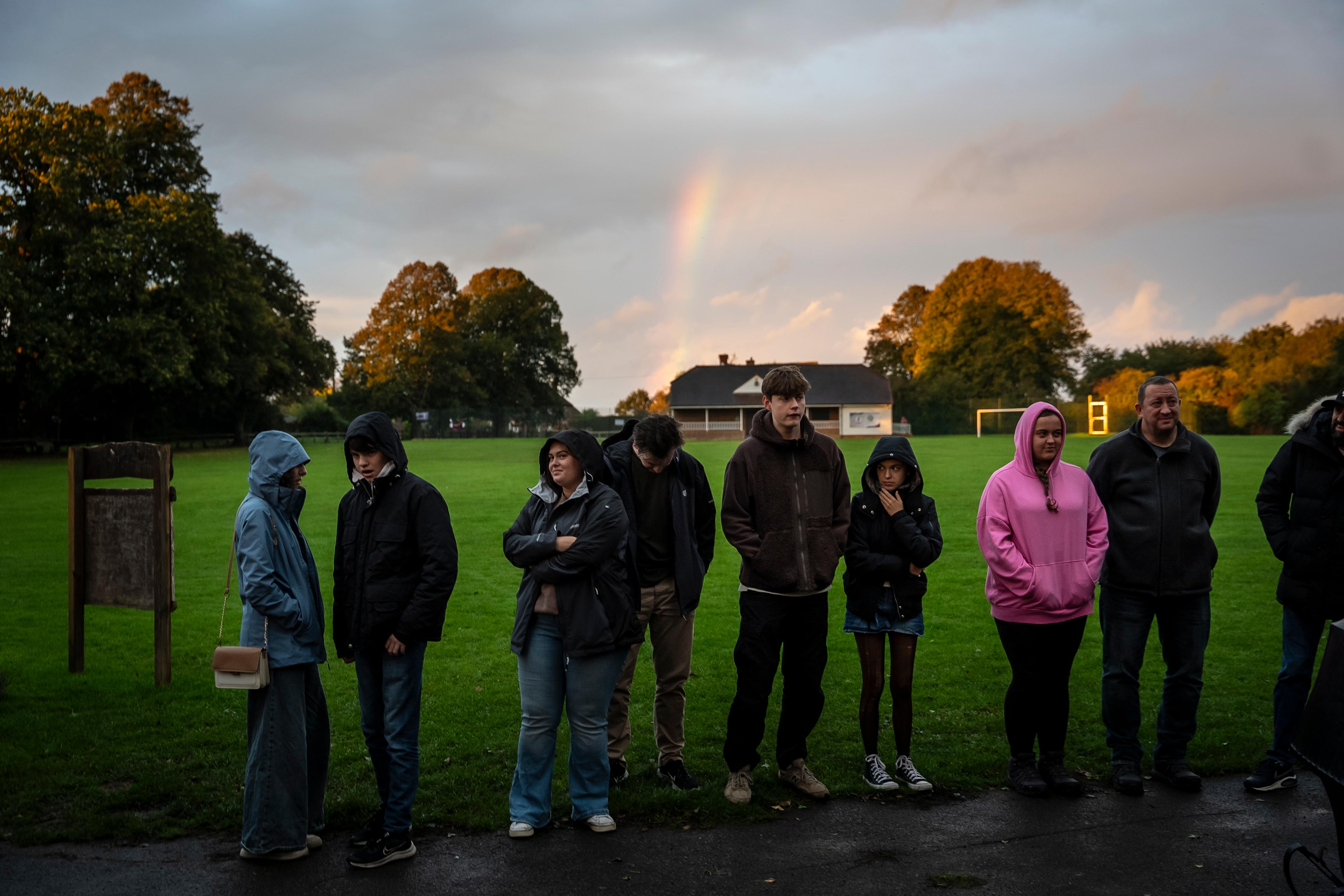
It’s a mistake to frame autistic and ADHD traits as either deficits or mere differences. There’s another way to see them
by Joshua May
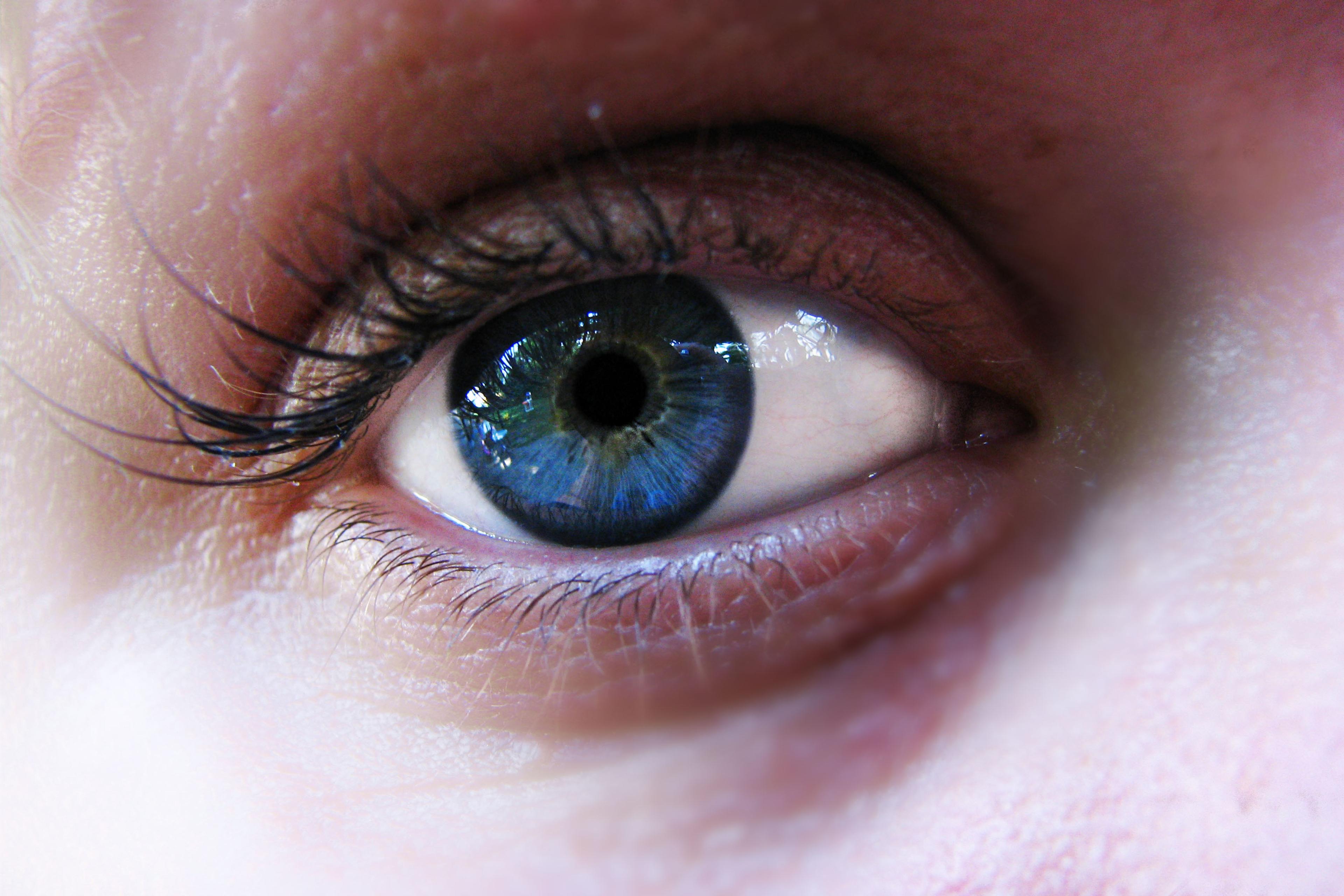
From mental effort to the content of a person’s imagination, these tiny apertures reveal far more than you might realise
by Christoph Strauch
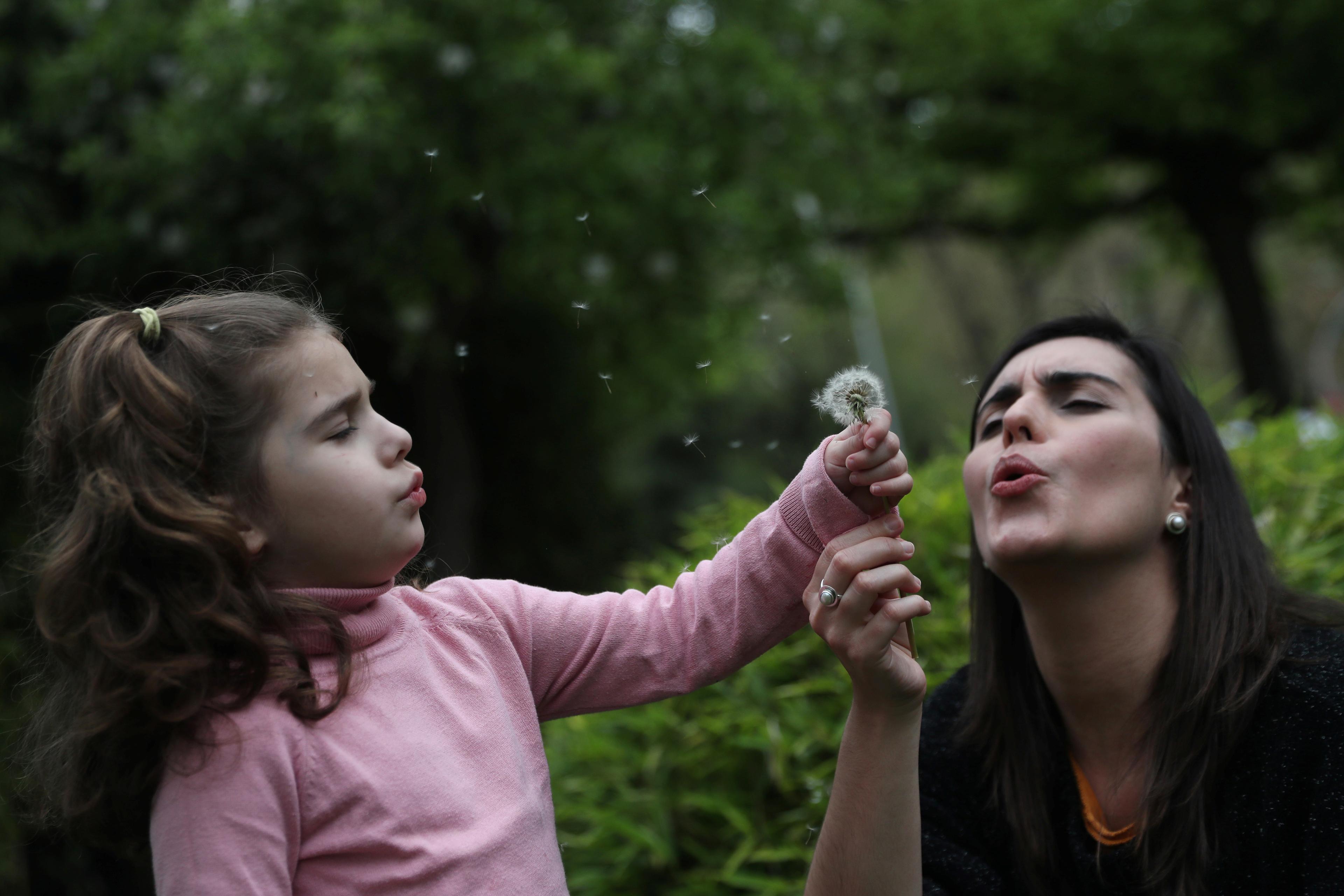
If society were more tolerant and understanding of autistic people, they could ditch their camouflage and be themselves
by Francesca Happé

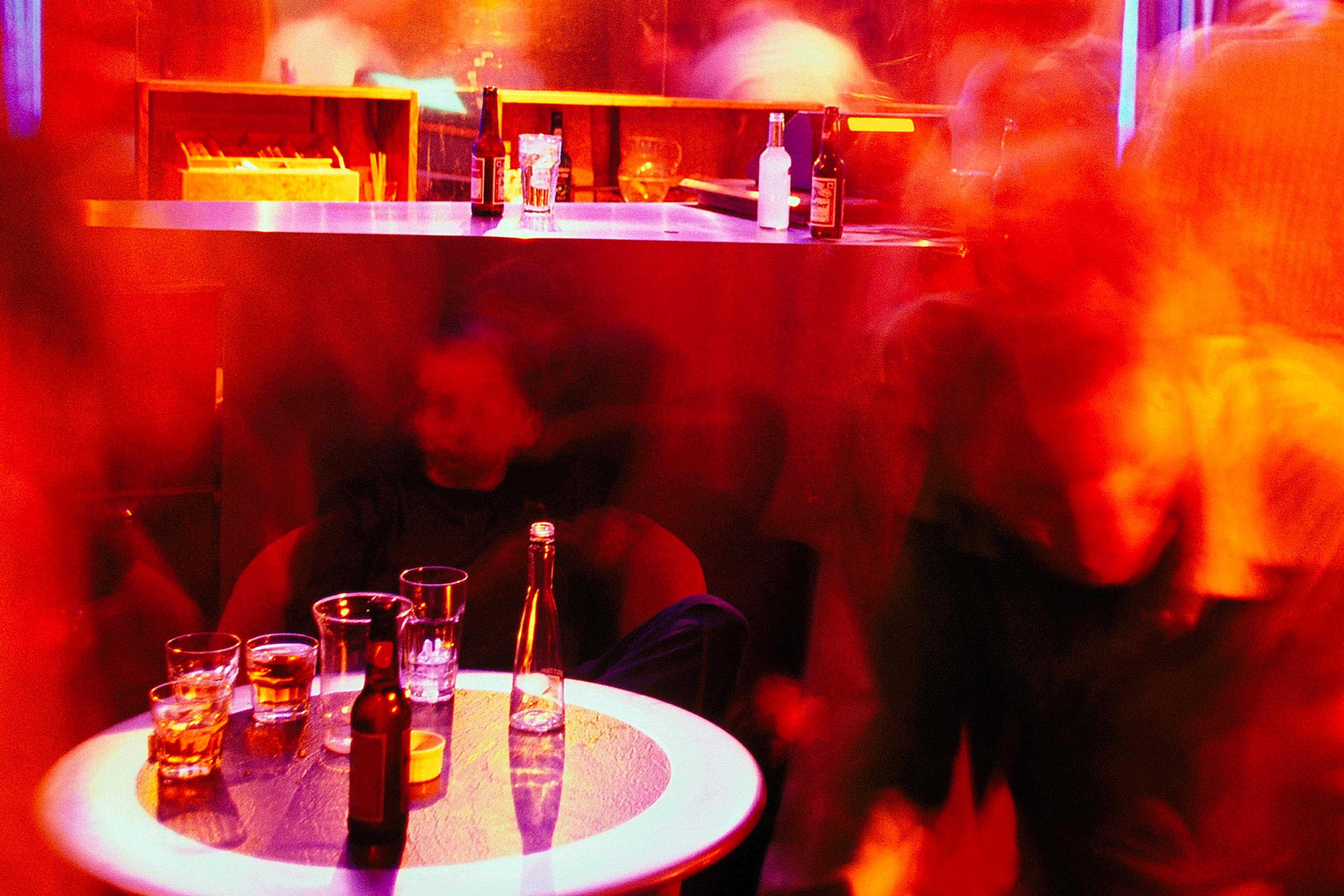
Discovering I have aphantasia helped me understand my response to being assaulted and why I wasn’t debilitated by PTSD
by J B Smith
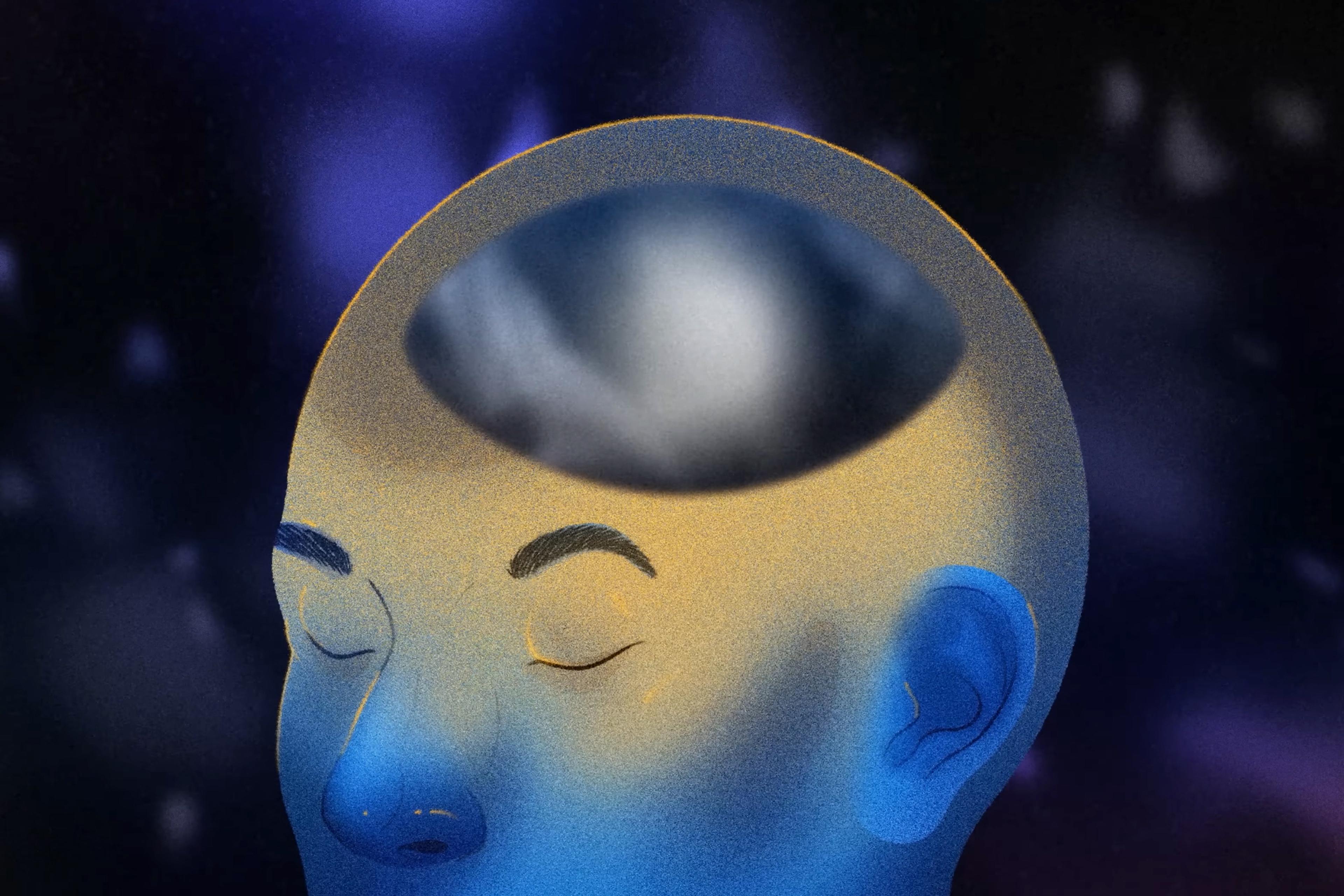
Video by Quanta Magazine